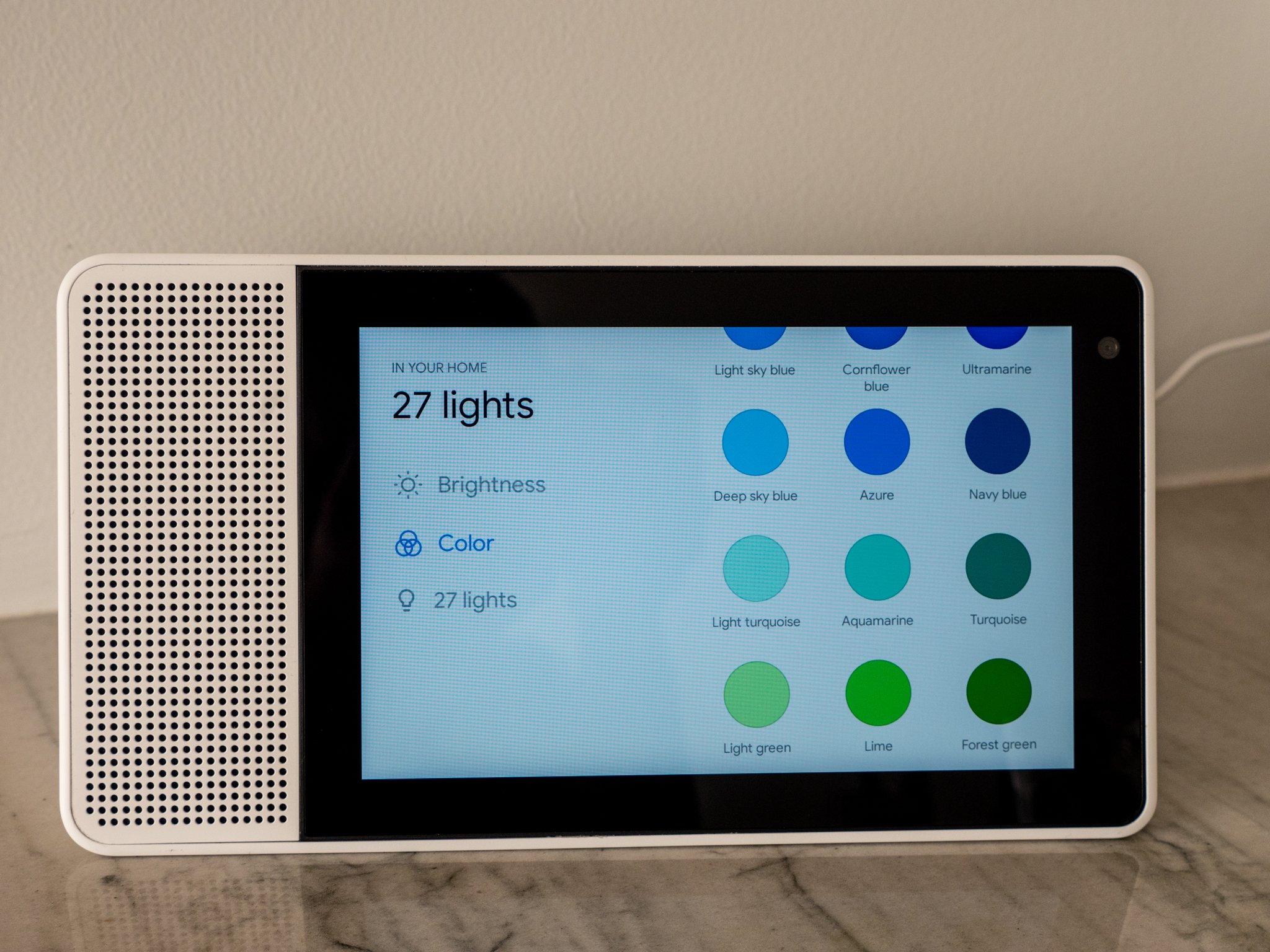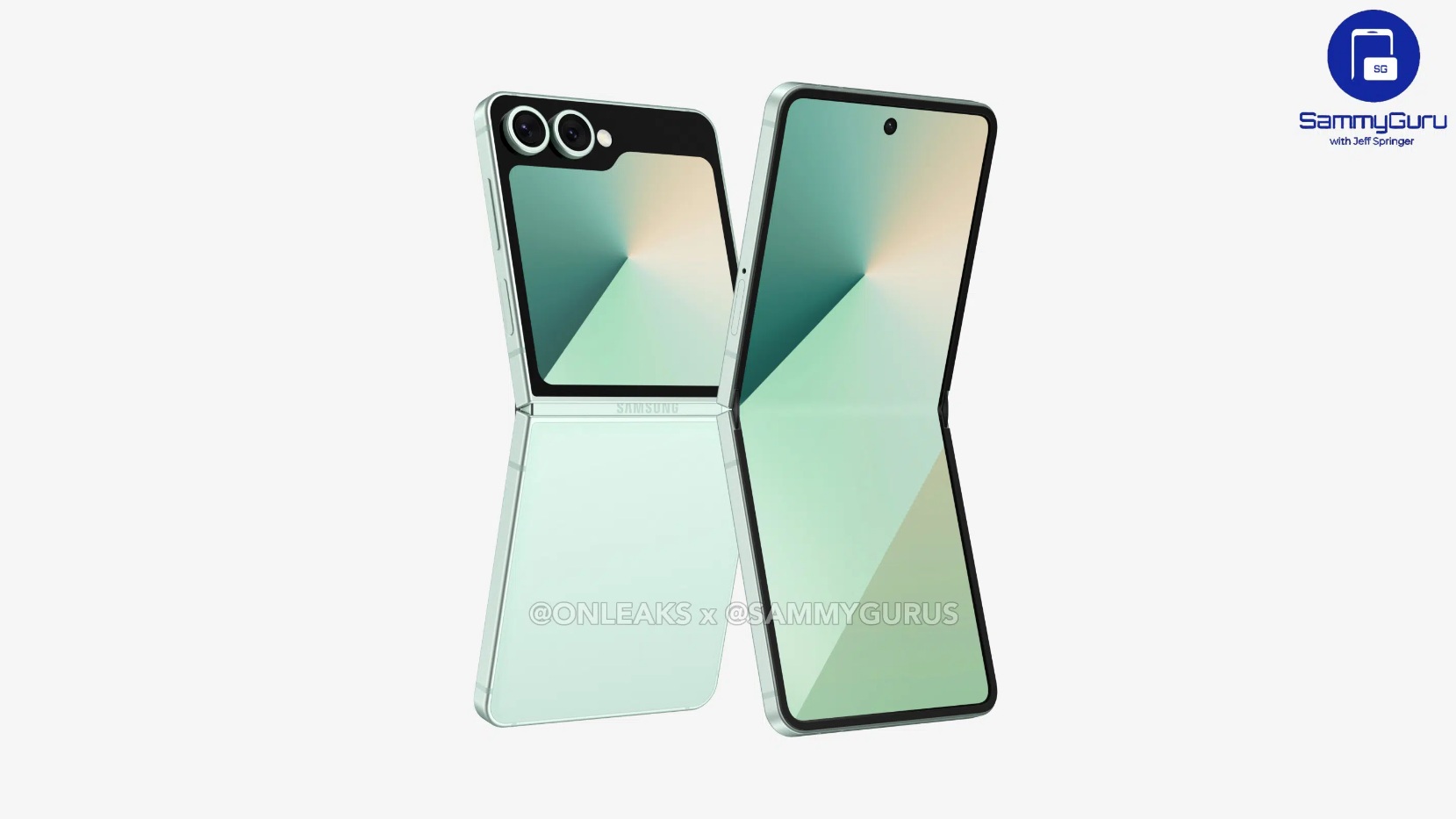Google is going to make Assistant respond faster in Android 12 by forcing device makers to use better hardware

Android was not built in a day. The developers are working on software that won't be implemented for a while, and XDA Developers Editor in Chief Mishaal Rahman found a few changes in the Android Compatibility Definition Document that will go into effect in 2021 that will make devices respond faster when using Google Assistant and other voice commands.
Google will require all Android devices (with microphones) to support a cold input latency of 200ms or less by 2021: https://t.co/trpML6JgIsGoogle will require all Android devices (with microphones) to support a cold input latency of 200ms or less by 2021: https://t.co/trpML6JgIs— Mishaal Rahman (@MishaalRahman) September 4, 2019September 4, 2019
You can have a look at the changes by following the link in Rahman's tweet, but I can save you a step and point out the important bits. If a device — that means any device that is trying to get Google approval — has a speaker it's strongly recommended that it has a cold audio output latency of 100 milliseconds or less and a continuous audio output latency of 45 milliseconds or less as of today.
Google is trying to make sure every device that can use Assistant will have decent audio hardware so it's not a chore.
The changes say that "in a future platform release in 2021 we will require cold output latency of 200 milliseconds or less as a MUST" (emphasis Google). Likewise, any device with a microphone is recommended to have a cold input latency of 100 milliseconds or less, and the changes state that a cold input latency of 200 milliseconds or less will be a must in 2021.
In another changelog about microphone gain and distortion, Google says a device with a microphone should exhibit a flat amplitude vs. frequency curve in the range between 100 Hz to 400 Hz for each and every microphone used to record voice input.
More: Lenovo Smart Clock vs. Google Home Mini: Which should you buy?
If this sounds like gibberish, it simply means that companies making phones, tablets, smart speakers, or anything else that wants to be approved by Google to use its services should try to respond fast when you interact with the microphone right now, because in the version of Android to be released in 2021 these requirements will be mandatory. In addition, the microphone hardware should be distortion-free at the normal range of human voice if it's to be used for voice commands.
The giveaway to what Google is trying to do here is the cold audio input and output latency part. That means if your phone (for example, but remember this is for all devices) is sitting on the table and you say "Hey Google, do that thing," it needs to process your voice, compute what needs to be done, and respond to you quickly. And more than Google Assistant will benefit here — dictation, voice command for accessibility, and alternative digital assistants like Bixby and Cortana will respond faster, too.
Be an expert in 5 minutes
Get the latest news from Android Central, your trusted companion in the world of Android
It's up to hardware partners to make sure the microphone, audio DSP and speaker are up to snuff, but Google will also need to make sure that the processing is fast enough that it needs faster audio hardware. The biggest winners will likely be in the budget hardware space, which nobody around these parts is complaining about. Here's hoping the 2021 version of Assistant can do something really cool once the hardware chain is really fast!

Jerry is an amateur woodworker and struggling shade tree mechanic. There's nothing he can't take apart, but many things he can't reassemble. You'll find him writing and speaking his loud opinion on Android Central and occasionally on Threads.
